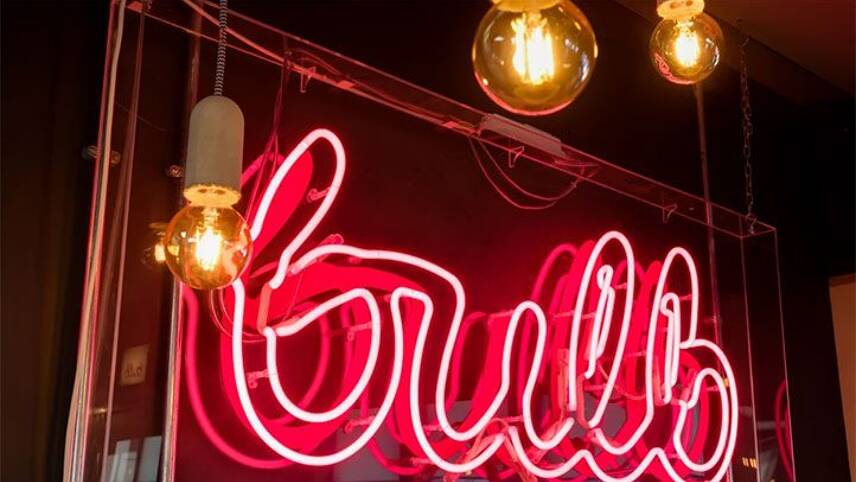Register for free and continue reading
Join our growing army of changemakers and get unlimited access to our premium content

Other UK suppliers to have gone bust this year include Pure Planet
The firm was founded in 2015 and, over the last six years, has grown to become the UK’s seventh-largest supplier. It covers 6% of the UK market or 1.7 million customers.
For context, all of the 20 other UK suppliers to have entered into administration this year collectively represented 2.2 million customers. The largest company to go bust before Bulb was Avro, which had 580,000 customers.
This afternoon, Bulb announced that it will be placed into “special administration”. This is a situation in which a company is to be run by the Government and by regulator Ofgem. With most smaller suppliers, another energy firm has been appointed to take on customers. Bulb is too large for this to happen, though.
It is unclear, at this stage, what the move will mean for Bulb’s 1,000+ staff. Bulb has said that customers – both business and domestic – will not see an interruption to service or supply. However, it is also not clear, at this point, whether customers will be kept on tariffs with the same sustainability credentials.
A statement from Bulb, authored by co-founder Hayden Wood, reads: “When we started exploring fundraising options, we were delighted to receive lots of interest from investors to fund our business plans and future growth.
“However, the rising energy crisis in the UK and around the world has concerned investors who can’t go ahead while wholesale prices are so high and the price cap—designed to protect customers—currently means suppliers provide energy at a significant loss.”
The statement adds that gas prices have recently hit £4 per therm, up from 50p per therm in November 2020, with most of this increase having taken place since August. The price cap is currently set at around 70p per therm. Bulb supplies renewable electricity tariffs only, but also offers natural gas and offsets the related emissions.
Bulb’s international businesses in France, Spain and Texas will continue trading, as they are separate from Bulb UK.
What’s behind the price crisis?
A combination of factors is responsible for the price hike. The UK Government’s own website lists contributing factors as increasing demand for gas globally as Covid-19-related lockdown restrictions lift; less gas than expected reaching Europe from Asia, the US and other key importers; a backlog of essential maintenance projects due to the pandemic and reduced outputs from renewables and nuclear. The former can be attributed to poor weather conditions for generation and the latter to maintenance works.
Another contributing factor has been a fire on an interconnector between France and the UK which has taken out half of its 2GW capacity. The fire took place at National Grid’s IFA site in Sellindge, Kent, and was extinguished on 16 September.
More recently, Germany’s energy regulator temporarily halted the certification progress for the Nord Stream 2 pipeline, as the consortium behind the project did not yet have an operating licence in Germany. Reuters is reporting that this could delay infrastructure commissioning until March and that, regionally, gas prices are already up as a result of the decision.
In the near term, the situation looks set to be bad news for people and planet. More suppliers are expected to enter administration in the UK and other European nations by the end of the winter and, despite the price cap, most UK homes will see bills increase and more will be pushed into fuel poverty.
Ember has predicted that the UK’s total spend on electricity will reach £47.5bn in 2022, up from ££29bn in 2020, as a result of the price crisis.
In the longer-term, though, it may accelerate the energy transition. With questions mounting about how the UK Government intends to improve the resilience of the energy system, it was announced last month that unabated gas-fired electricity generation will need to come offline by 2035.
Responding to the news from Bulb, Energy UK’s chief executive Emma Pinchbeck said: “The immediate priority is to ensure that there is enough support for customers over the winter and the following months with bills likely to rise further next year and costs resulting from a large number of suppliers exiting the market.
“Once through this period, the Government and Ofgem need to work with our industry to enable a sustainable retail market in future – one where suppliers are not just able to stay in business but can invest and innovate in order to support their customers through the changes net-zero will involve.”
Shadow Business and Energy Secretary Ed Miliband said: “The Business Secretary has buried his head in the sand for too long. The Government was warned by Ofgem over a year ago about ‘systemic risk to the energy supply sector as a whole.’ Instead of action, we’ve had complacency from Ministers, making the cost of living crisis worse.
“Labour will scrutinise this announcement to ensure it protects bill-payers and secures value for money for taxpayers. The Government should remove VAT from domestic gas and electricity bills for six months, and roll out a national home insulation plan to reduce energy bills.”
Sarah George


Please login or Register to leave a comment.